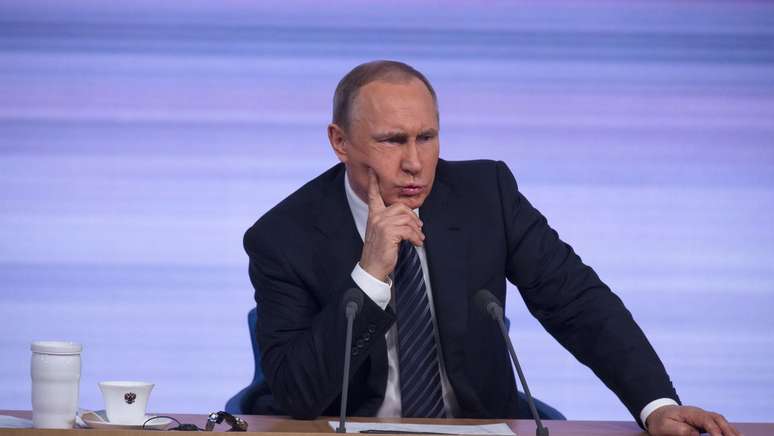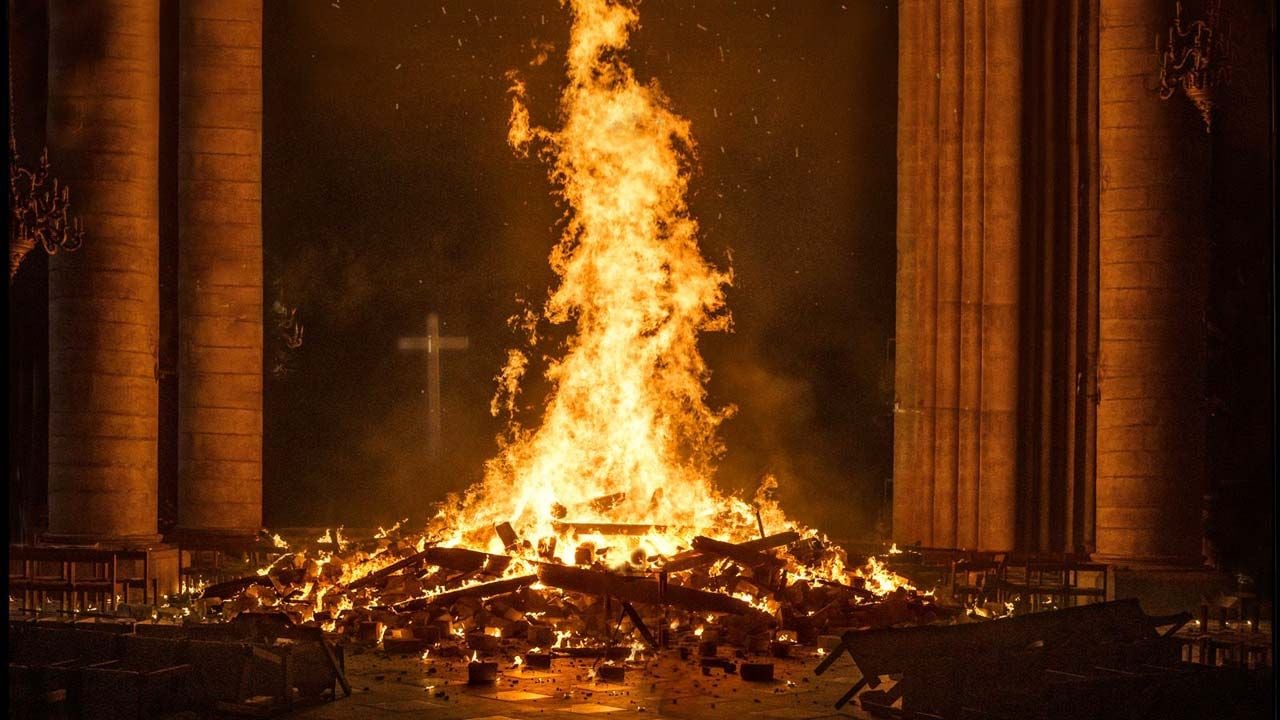Russia’s military intervention in Syria, which began in 2015, has been a central topic of discussion in international relations. Since then, the Russian presence in the region has generated debates on its effectiveness and consequences for the stability of the Syrian territory. The President of Russia, Vladimir Putinsaid on Thursday (19) that the nine-year Russian intervention in Syria was not a failure. However, he expressed concern about Israel’s military operations on Syrian territory following the fall of its ally Bashar al-Assad.
Even after the fall of Syrian President Bashar al-Assad, Russia maintained its position that intervention would prevent Syria from becoming a “terrorist territory.” However, the change of government in Damascus and the continued military presence of several foreign actors raise questions about geopolitical and diplomatic interests in the region, especially in relation to Israel’s military operations.
What is Israel’s role in the Syrian dynamics?
After the deposition of Assad, Israel intensified its military actions in Syria, particularly in the territories near the Golan Heights, an area of high tension. The country has carried out numerous airstrikes aimed at destroying Syrian weapons it considers a threat. Russia, despite condemning the occupation of Syrian territories, did not directly intervene in Israeli operations, which has generated speculation about tacit agreements between the two countries.
Israel’s actions are justified primarily by national security concerns, as Iranian-backed forces and the presence of Hezbollah fighters in Syria are seen as direct threats. However, Israel’s ability to operate in Syria without serious intervention from other major powers highlights the complexity of political alliances in the region.
Russian President Vladimir Putin said Thursday that the fall of former Syrian leader Bashar al-Assad was not a “defeat” for Russia, arguing that Moscow had achieved its goals in the country.https://t.co/P3YchKiAFs
— Politiko (@Politiko_Ph) December 19, 2024
The location of Türkiye
Turkey’s presence in Syria is another significant factor in this intricate geopolitical scenario. Ankara justifies its military incursions with the need to fight Kurdish forces, which it considers terrorists. This position has generated tensions not only with the Kurds, but also with other countries involved in the conflict, including Russia.
Turkey seeks to create a safe zone along its border with Syria, claiming to defend its national security interests. However, its military presence is seen by many as a threat to Syrian sovereignty, further complicating peace and reconstruction efforts in the region.
The continuity of Russian military bases on Syrian territory, at the center of Moscow’s attention, remains the subject of intense negotiations. Hmeimim Air Base, in particular, plays a crucial role not only in military operations, but also in logistical and humanitarian support. The Russian expectation is that, even with the new government in Damascus, the main military bases will be maintained. This would ensure not only a strategic presence, but also direct influence on political and security developments in the region.
Source: Terra
Rose James is a Gossipify movie and series reviewer known for her in-depth analysis and unique perspective on the latest releases. With a background in film studies, she provides engaging and informative reviews, and keeps readers up to date with industry trends and emerging talents.




![Everything for the light: Iris’s heart balances between Swan and Noah … which awaits you from 25 to August 29, 2025 on Netflix [SPOILERS] Everything for the light: Iris’s heart balances between Swan and Noah … which awaits you from 25 to August 29, 2025 on Netflix [SPOILERS]](https://fr.web.img6.acsta.net/img/ff/9a/ff9a86109d2835e48da81afa8aae5f10.png)

